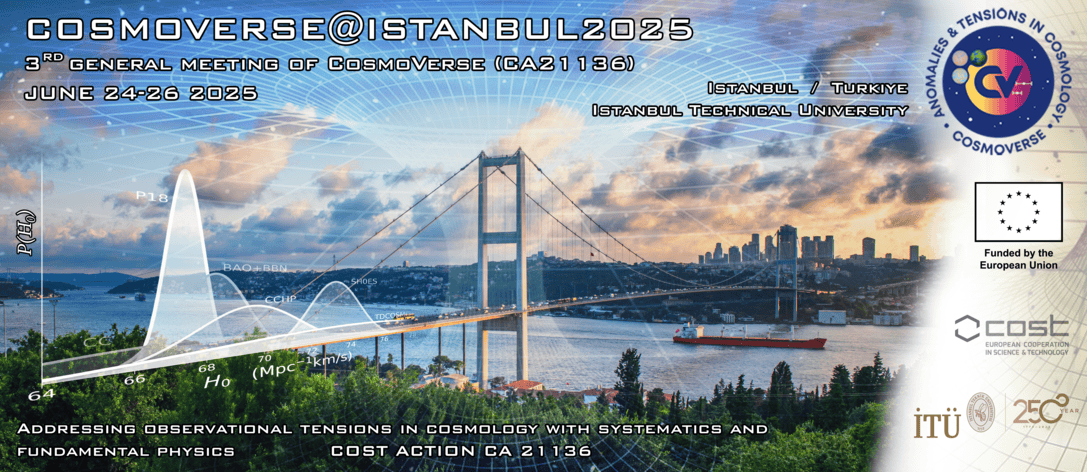Speaker
Description
The fifth (and final) data release of the Kilo-Degree Survey (KiDS) provides significantly more than just an increase in survey area. Instead, additional observations couple with improvements in data quality, data reduction, and value-added data-products, to make KiDS-DR5 the most robust and reliable release produced by KiDS to date. We leverage the lensing sample from this state-of-the-art dataset (called KiDS-Legacy) to perform the most robust and precise analysis of cosmic shear to date, finding KiDS-Legacy to be wholly consistent with the results from the Planck Cosmic Microwave Background (CMB) analyses. This talk will provide an introduction KiDS-DR5, discuss how this dataset differs with respect to previous KiDS releases, and focus in particular on how these differences have influenced the analysis of cosmic shear with KiDS-Legacy. I will discuss the causes of systematic variation in the parameter constraints that we observe between KiDS data releases, and discuss the implications that these systematic effects have for future analyses of cosmic shear.

